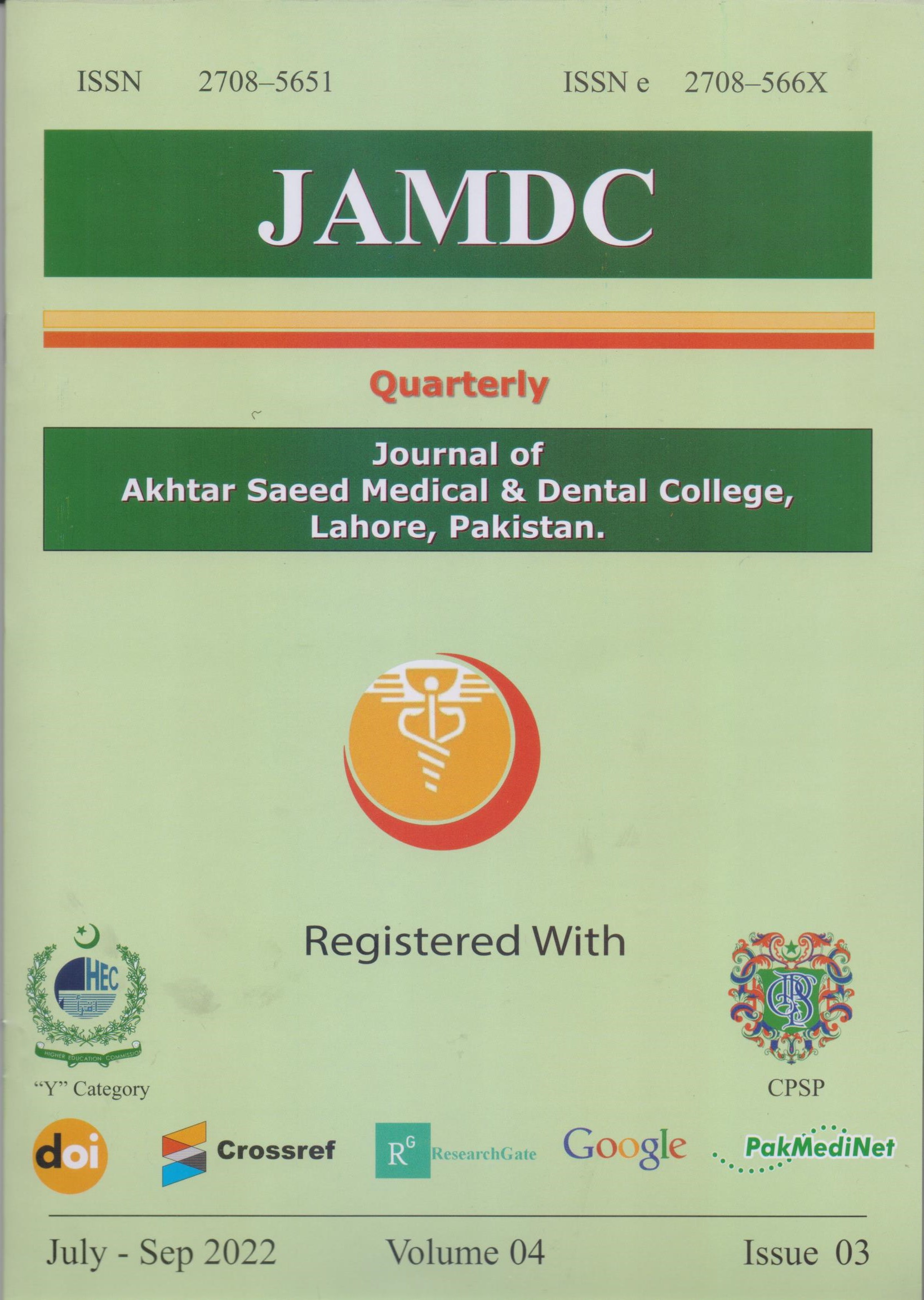OLD AGE HOMES PERSPECTIVE: SOCIAL SUPPORT AND LIFE SATISFACTION INSIGHTS FROM THE RETIREMENT COMMUNITY
Main Article Content
Abstract
Background:
Problems relating to old age are on the rise in many countries. To get a wider view of the existing situation in Pakistan, this study explored the relationship between social support and its effects on satisfaction in life in the older population residing in old-age homes. Efforts of non-governmental organizations in Pakistan are increasing day by day in the fields of medical, social, financial,
psychological, physical, public interests and all other factors to decrease maltreatment of the elderly. But in present days, the situation towards older adults has been changed by our society. The reason behind their homelessness is the attitude of family, friends and other social contacts. The current study, aimed to find a correlation between social support and life satisfaction.
Material and Methods:
Two scales, Satisfaction with Life developed by Ed., Diener (1985) and Multidimensional Scale for Perceived Social Support developed by Zimet et al. (1988), were used on 90 older adults for this purpose. Men and women were selected equally within the age range of 60 and
above years. A sample was selected from three urban areas of Punjab Province (Lahore, Rawalpindi, and Sargodha). Data was entered in SPSS. Independent sample t-test and Pearson correlation was applied.
Results:
The results showed that elderly females and males show no differences in life satisfaction (M = 13.65, SD = 3.0) as compared to males (M =14.4, SD = 3.3). Statistical analysis of the correlation between life satisfaction and perceived social support was found to be significantly correlated.
Conclusion:
Findings from the study showed a significant correlation between life satisfaction and social support.

